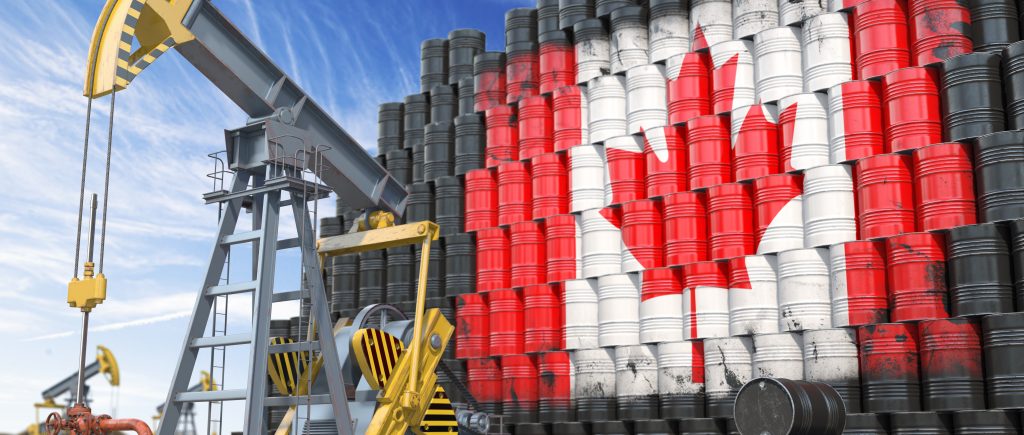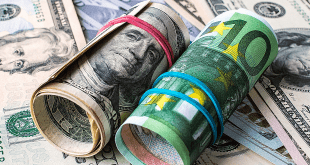USD/CAD Surges as BoC Faces Pressure to Ease Rates
The Canadian Dollar (CAD) weakened against the US Dollar (USD) following the release of cooler-than-expected Canadian inflation data. The Consumer Price Index (CPI) declined to 1.6% annually in September, from 2.0% in August, and below estimates of 1.8%.
Lower Inflation Signals Rate Cuts
The softer inflation data suggests that the Bank of Canada (BoC) may need to cut interest rates further to stimulate the economy and support the labor market. The expectation of lower rates reduces foreign capital inflows, which weakens the Canadian Dollar.
The decline in inflation was primarily driven by a 10.7% drop in gasoline prices in September. This, in turn, affected related sectors such as transportation. The fall in gasoline prices is due to lower Crude Oil prices, Canada’s largest export commodity. Lower Oil prices tend to be bearish for the Canadian Dollar.
USD/CAD Reverses Course
Despite an initial rally, USD/CAD quickly reversed course, possibly due to an uptick in core inflation or concerns about overvaluation. The pair has been on a strong upward trend in recent weeks.
The US Dollar has also been gaining strength, as markets reduce bets on aggressive rate cuts by the Federal Reserve (Fed). The Fed is now expected to implement a smaller rate cut or even hold rates steady at its November meeting.
BoC Core CPI
The BoC Consumer Price Index Core rose 1.6% year-over-year in September from 1.5% in August. Core prices rose 0.1% month-over-month, while headline CPI fell 0.4% month-over-month.
The Canadian Dollar has come under pressure due to weaker inflation data and expectations of lower interest rates from the Bank of Canada. The strengthening US Dollar has also contributed to the gains in the USD/CAD pair.

 Noor Trends News, Technical Analysis, Educational Tools and Recommendations
Noor Trends News, Technical Analysis, Educational Tools and Recommendations




